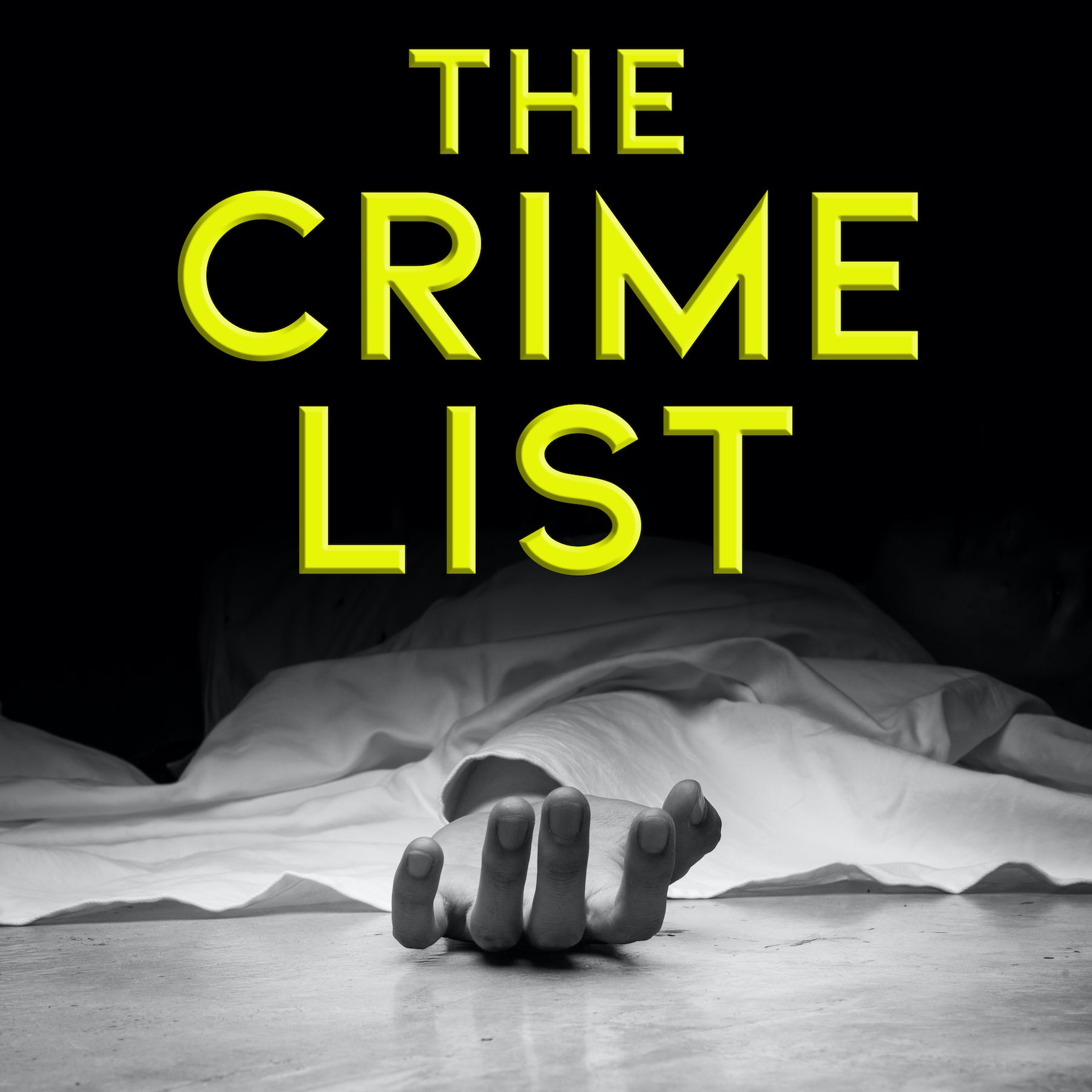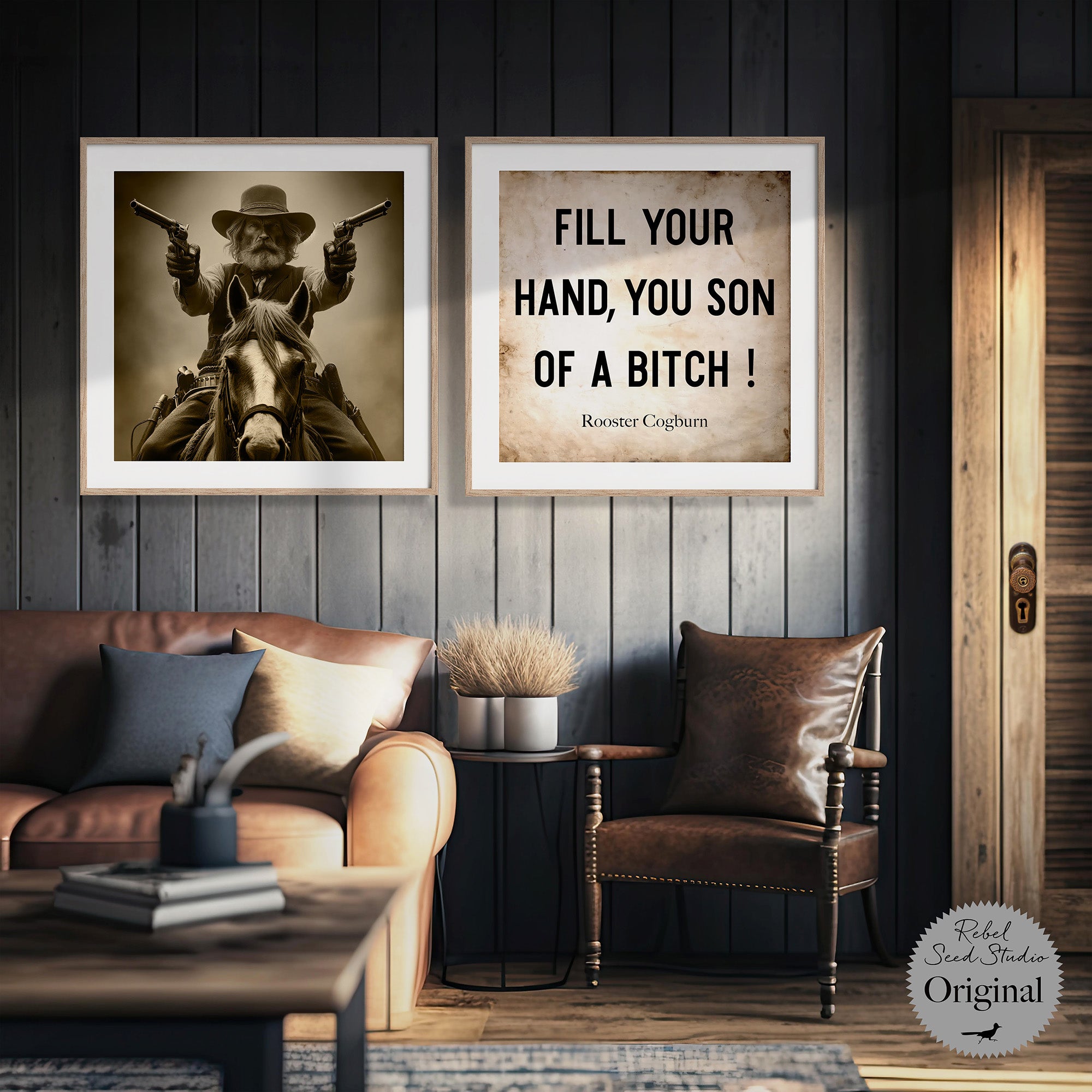Article: How to Sell Your Story (Script, Book, Stage Play or Podcast) to "Hollywood"

How to Sell Your Story (Script, Book, Stage Play or Podcast) to "Hollywood"
Contents
7 Ways to Sell Your Story (Script, Book, Stage Play or Podcast) to "Hollywood"
5 Tips for Writing Your Logline
How to Interest a Producer in Your Movie Script
How to Protect Your Script or Story When Pitching
Signing Release Forms When Submitting Your Script or Story to a Producer or Production Company
3 Tips to Keep Your Movie Script Out of the Rejection Pile
Pitch Your Screenplay or Book via Stage32 Pitch Sessions
A Literary Agent's Tips on Minding Your Writing Business
7 Ways to Sell Your Story (Script, Book, Stage Play or Podcast) to "Hollywood"
1. Sell/Option to a Producer or Production Company
Understand what producers buy:
- Stories that are the right genre fit and budget range for their slate.
- Stories that have some packaging elements - such as attached talent (marketable actor or director) or some money in place.
- Stories that have "heat" - these are scripts, books, plays or podcasts that have perhaps won well-known competitions, built an audience, gone through a credible development program, or are being "talked" about in the industry (named on the Blacklist [blcklst.com], etc). These projects give the producer a feeling that success is inevitable.
- Stories with successful underlying IP (such as a book, stage play or podcast).
Pitch producers, production companies, and development executives. The best way to pitch is with a logline and brief synopsis. (See the section on crafting a logline.)
- Research and create a list of producers who develop projects in your story genre and budget - use IMDb to research similar films and see who the producers and production companies are. Be aware that many do not accept unsolicited pitches, so you’ll want to research to determine which producers will be open to submissions.
- Producer contact information is available via IMDb Pro (you can acquire a monthly or annual subscription to the platform).
- Follow their instructions to submit/pitch your story.
2. Get Management Representation
Understand who managers represent:
- Writers who have a distinct voice.
- Writers who produce marketable stories.
- Writers who have several projects available to pitch.
- Writers who are the right genre fit for their company.
- Writers who are easy to work with, who accept constructive feedback, and who are "good in a room" (probably more like "good on zoom" nowadays).
To pitch managers:
- Follow the same steps outlined above in step 1 for approaching producers.
- Research IMDb movies in the same genre as your story, determine who the writer is and view the writer's listing to discover who the writer's manager is.
- You may also refer to this resource list of Literary Managers who Represent Screenwriters.
3. Attend a Film Market
You can also meet producers at film festivals and especially film markets, where some companies are specifically looking for projects to develop. AFM (American Film Market) is held each year in November. Be sure to research which companies to approach based on the genre of film they produce and budget levels, as well as whether they get involved at the development stage (versus the sales/distribution stage) and any packaging elements they expect the script or story to already have in place.
4. Get into a Development Program
Apply to the Sundance Institute, Film Independent or similar program for writers/projects where you develop your story and have opportunities to directly meet producers, directors and/or financiers, or even have a short proof-of-concept film made of your story. (The Blacklist Partnerships and Programs includes collaborations with select studios and theaters to offer labs, residencies and playwriting commissions.)
5. Connect with an Up-and-Coming Director or Producer to Get the Film Made
New filmmakers can be great partners. They are looking for projects to produce or direct to create a "calling card" to break into the industry. If you have a short story or a contained script that can be made inexpensively you can become a produced writer with some cache. You won't make any money but if the project becomes a successful independent film at festivals or elsewhere it can accelerate your career. Here is a select list of film festivals where you can meet new directors and producers: Film Festivals & Markets - see the section below on How to Interest a Producer in Your Movie Script.
6. Create Your Own IP
Add value to your script or story. Consider turning your story into a book, podcast, stage play or other Intellectual Property (IP) that you can produce on your own and make successful (and then pitch and sell the film rights).
7. Use a Pitch Platform
For a fee, you can also connect to producers or managers via a pitching platform. You can refer to this resource list of Pitch Platforms for Writers.
5 Tips for Writing Your Logline
A logline is a summary of your story. It conveys the dramatic story - condensed into one sentence. The logline is not the same as the film’s tagline, which is a catchy, short-phrase or slogan used by film studios to market a movie.
The logline effectively communicates the concept and the central problem that the main character needs to resolve.
Logline Examples
- In 13th century Scotland, a common man becomes a legend when he leads an uprising to overthrow English rule and gain Scottish freedom.” (Braveheart)
- “Three police officers unravel the truth behind the ‘random’ murder of a corrupt policeman and expose the political and judicial depravity of 1950’s Hollywood.” (L.A. Confidential)
Why do you need a logline?
- Creating a logline is a crucial first step in planning your story. The logline is a tool you can use when writing and revising your story to keep you focused.
- You will need a logline to sell your story to "Hollywood".
Five Tips for Writing Your Logline:
-
Establish the Main Character
Who is the protagonist - an ex-cop, a gunslinger, an Irish mobster, a super-hero? -
State the Main Character’s Need or Goal
What does your main character want – to get revenge, to find the truth, to repair his image, to track a bail-jumper, to free his people from tyranny? -
Provide a Promise of Conflict
What obstacles does your protagonist face in achieving his goal – corrupt law enforcement, another bounty hunter, the FBI and the mob, English military rule, his own character flaw? -
Stimulate Interest with a Hook
What is unique about the story – a super-hero that’s an alcoholic, a mobster on-the-road with his young son? -
Convey All Relevant Information
A studio executive who has not read your story should be able to read your logline and fully understand the concept without any additional information. Do not include character intricacies, sub-plots, or specific scenes.
How to Interest a Producer in Your Movie Script
You’ll have more success having a strategic plan to proactively approach producers with your project.
Here are 3 steps to implement to create results:
Step 1: Assess what you are bringing to the project and ensure it’s a valuable offer that a producer will be interested in.
- What do you have packaged?
- Do you have attachments – a director, marketable talent?
- Do you have any financing in place?
- Have you produced a "proof-of-concept" video or short that gained traction?
- Has the script won any awards or received recognition?
- Is the script based upon an underlying property that has value?
Ensure you are presenting a valuable and irresistible opportunity to entice an established producer to come on board.
Step 2: Make a list of ideal producers to approach. A great place to start your initial search is with IMDbPro.com where you can find contact information for producers and productions companies.
Look for producers who produce film scripts in your genre and, most importantly, within your project’s budget range. If your story has a $5 million budget, you don’t want to approach producers who make $40 million films.
Step 3: Connect with the producers and present your offer. Ideally, you want to step into any opportunity you have to meet the people on your list in-person (at film festivals, events, conferences, markets - here is select list of Film Festivals & Markets to consider).
You can also call them directly. This strategy can help you move past the gatekeeper. Your first sentence needs to state the value you’re bringing to the producer, such as...
“Hi, my name is Ima Writer, and I have an action-thriller script based on an award-winning book, with Ms. Marketable Actor attached and 10% of the financing secured. Is Mr. Big-Time Producer available to speak with me about this project?”
How to Protect Your Script or Story When Pitching
Creativity theft is not as common as many new writers may believe, but it’s important to always safeguard your script. Remember, ideas cannot be protected - only the unique way the story is presented (the form it takes in your screenplay).
Here are a few ways you can protect your script:
- Register the copyright for your script or book with the U.S. Copyright Office.
- Keep a paper trail of your drafts and submissions.
- When revising a draft, always create a new file and number each new. version of the script (instead of just rewriting over the previous version).
- When submitting your screenplay, include your name on the cover page and in the header of every subsequent page.
- Only send out secured pdf files that can’t be altered.
Signing Release Forms When Submitting Your Script or Story to a Producer or Production Company
If a production company, studio, or producer is interested in reading your script or story, and you do not have a manager, they will often ask you to sign a release form, which protects them against claims of idea theft.
The release form states that you own the material and have the right to sell it. It also states that in the event the company releases a film with a similar premise, you don’t have the right to sue them.
If you choose not to sign the release form, the company will most likely choose not to read your script or story.
Release forms are a standard industry necessity.
If the producer, studio, or production company requesting the form is an unknown entity, or if you have any concerns, be sure to confer with an entertainment lawyer prior to signing any document.
3 Tips to Keep Your Movie Script Out of the Rejection Pile
To be considered for film development, all screenplay submissions are read and evaluated by a reader or story analyst who produces a “coverage” report.
The coverage report includes a summary of the script, the reader’s comments as to the screenplay’s weaknesses and strengths, and ranking of various elements such as storyline, structure, dialogue, characterization, and concept. Each script is assigned a grade of “pass”, “consider” or “recommend”.
If your script receives a “consider” or “recommend” then your screenplay moves up the ladder to a producer, agent, director, or development executive for further consideration. Less than 1% of spec scripts receive a “recommend.
Here are 3 tips to ensure your screenplay stays out of the rejection pile:
1. Create an Emotional Experience
Film is a visual medium and screenplays adhere to that structure, but successful screenwriters are always aware they are writing a script that will be read. They never forget that the reader is their first audience. They respect the interplay between writer and reader. As a writer, you are providing an emotional experience for the reader. Each scene should be crafted for emotional impact. You must understand how your written word is experienced emotionally. Is the reader feeling scared, sad, curious, anxious, excited… or just bored?
2. Keep the Reader Engaged
If the reader wanders off while reading your script or is pulled “out of the story”, you’ve lost him. Your goal is to make the reader lose track of time, to feel compelled to turn the next page, to be completely absorbed by your story. Hook the reader with an exciting concept, riveting characters, and escalating tension and conflict.
3. Make a Connection
Readers want to be participants in the story, not just bystanders. Successful scripts (and films) have universal appeal because readers and viewers can relate to the story, characters, and theme. None of us have experienced life on Tattooine or flying aboard the Millennium Falcon – but Star Wars and the character of Luke Skywalker resonates with readers and viewers because we all know the desire to break free from our daily life, to explore outside of our limited confines, to move from childhood to adulthood, and to prove we can succeed. Can a reader identify with your story? Does your material resonate and connect?
Pitch Your Screenplay or Book via Stage32 Pitch Sessions (with Joey Tuccio)
An archive audio interview with Joey Tuccio, recorded for the Ink & Cinema podcast in 2015 - providing tips on how to successfully pitch executives, producers, and managers looking for scripts via Stage32.
Listen to the interview on YouTube.
Joey Tuccio is the former president of Happy Writers. He founded the company in 2011 after working as an executive for various film production companies including Bold Films (Drive, Whiplash, Nightcrawler). Joey has always had a soft spot for screenwriters and the myriad of challenges they face in trying to break into the industry - and he understood the plight of many development executives, managers, and agents in the industry who found it challenging to discover quality material and exceptional new talent. His novel idea to connect screenwriters and executives via Skype was an instant success.
In April of 2014, Stage 32 acquired Happy Writers and named Joey President of Stage 32 Happy Writers - a division of Stage 32. To date, The Happy Writers and the Online Pitchfests in conjunction with Stage 32 has lead to over 200 screenwriters launching their careers by securing representation, being optioned or sold, or landing work writing for either television or film.
Stage 32 Pitch Sessions is proud to boast over 400 managers, agents, producers, directors of development, and other high level decision makers in their stable of executives who hear pitches for the company. Many of these executives also provide coverage services (so you never have to guess who's reading your script ever again!), teach classes and labs, and offer mentoring opportunities exclusively for Stage 32 Happy Writers.
CLICK HERE for Current Stage 32 Pitch Sessions
Join Stage32 (membership is free!): www.Stage32.com
Connect with Joey Tuccio on his new platform, Roadmap Writers
Mind Your Writing Business (with Michele Wallerstein)
An archive audio interview with former literary agent, Michele Wallerstein, recorded for the Ink & Cinema podcast in 2013.
Listen to the interview on YouTube.
In this interview, Michele shares...
- Approaching your writing career as a business.
- How to know when you need a literary agent.
- What you must have in place to inspire an agent to work with you.
- how to connect with an agent and cultivate a relationship.
- The essential do's and don'ts of producer pitch meetings.
- How independent producers can work with literary agent to get access to quality screenplays and source material.
- Do writers really need to live in Los Angeles.
- Accepting a free of $1 script option - should you or shouldn't you.
- The #1 thing you must have in any option agreement.
Michele is the successful author of Mind Your Business: A Hollywood Literary Agent's Guide To Your Writing Career. Michele’s in-depth knowledge and expertise stems from 25 years of experience working as a Hollywood literary agent.
As an agent Michele sold $1 million scripts and guided the careers of numerous prominent motion picture and television writers, directors, and producers including Larry Hertzog (Tin Man, La Femme Nikita, 24), Randall Wallace (J.J. Starbuck, Pearl Harbor, Braveheart), Carol Mendelsohn (Fame, CSI), Christopher Lofton (Robinson Crusoe, Call of the Wild, Scarlett, True Women), Peter Bellwood (Highlander), and Bootsie Parker (Booty Call, Married With Children, The Hughley’s).
Today, Michele is a respected screenplay, novel and literary career consultant who assists aspiring writers in transforming their work to achieve commercial success in the Hollywood and independent film market as well as the publishing world. Learn more about Michele’s online workshop Moving Your Writing Career Forward.
















